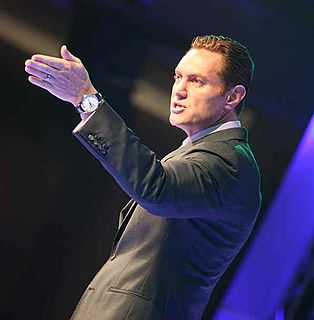A Quote by Sarah Fielding
The motives to actions and the inward turns of mind seem in our opinion more necessary to be known than the actions themselves; and much rather would we choose that our reader should clearly understand what our principal actors think than what they do.
Related Quotes
The quality of everything we do: our physical actions, our verbal actions, and even our mental actions, depends on our motivation. That's why it's important for us to examine our motivation in our day to day life. If we cultivate respect for others and our motivation is sincere, if we develop a genuine concern for others’ well-being, then all our actions will be positive.
In the space between stimulus (what happens) and how we respond, lies our freedom to choose. Ultimately, this power to choose is what defines us as human beings. We may have limited choices but we can always choose. We can choose our thoughts, emotions, moods, our words, our actions; we can choose our values and live by principles. It is the choice of acting or being acted upon.
The most important ingredient we put into any relationship is not what we say or what we do, but what we are. And if our words and our actions come from superficial human relations techniques (the Personality Ethic) rather than from our own inner core (the Character Ethic), others will sense that duplicity. We simply won't be able to create and sustain the foundation necessary for effective interdependence.
If you haven’t already clearly defined your values, you may find yourself making choices that conflict with what you want. If, for example, honesty is a big thing for you, but you hang out with liars, there’s a conflict. When your actions conflict with your values, you’ll end up unhappy, frustrated, and despondent. In fact, psychologists tell us that nothing creates more stress than when our actions and behaviors aren’t congruent with our values.




































